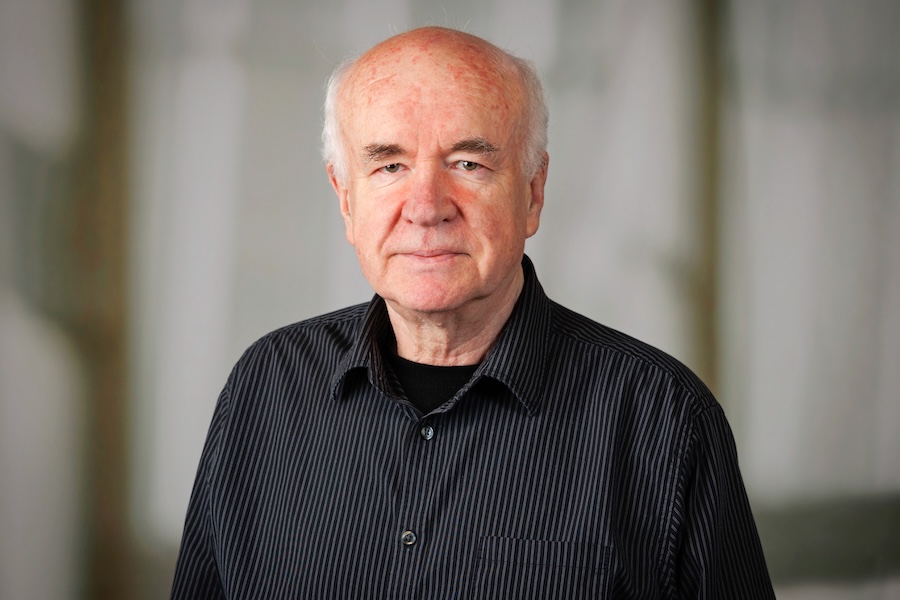Youri I. Pavlov, PhD
Professor, UNMC Eppley Institute for Research in Cancer and Allied Diseases
Research focus: Mutagenesis and recombination

Youri Pavlov, PhD, is a professor in the UNMC Eppley Institute for Research in Cancer and Allied Diseases. He joined the University of Nebraska Medical Center in 2003 as an associate professor and was promoted to full professor in 2013. Dr. Pavlov received a Bachelor and Master’s in Genetics from University of Leningrad and graduated with a PhD in Genetics from the same university. Later he got a honorary Doctor of Science degree from University of Saint-Petersburg. Dr. Pavlov started an independent carrier at Leningrad University and was a visiting scientist at the National Institute of Environmental Health Sciences, NC, and at the Osaka University.
He established and led an internationally recognized research program at St. Petersburg University for 15 years, which included 40 research papers and 21 mentored PhD students and trainees now highly successful at prominent research institutions all over the world.
Dr. Pavlov is associate editor in Scientific Reports, BMC Genomics, and Cancers.
Dr. Pavlov also holds courtesy appointments in the UNMC departments of Biochemistry & Molecular Biology, Genetics, Cell Biology and Anatomy, and Pathology & Microbiology.
- BSc in Chemistry, University of Leningrad, USSR
- MSc in Genetics, University of Leningrad, USSR
- PhD, in Genetics, University of Leningrad, USSR
- Doctor of Sciences, Saint-Petersburg University, Russia
Dr. Pavlov studies mechanisms of DNA replication and repair in connection to mutagenesis. Major topics in his laboratory are the biological consequences of faulty replication caused by a) naturally arising base analogs; b) DNA editing; and c) defects in DNA polymerases. These topics have received much attention recently because of their high relevance to cancer etiology.
- 1995: International Science Foundation travel grant
- 1995: Short-Term Professor Fellowship from Ministry of Science of Brazil
- 1996-1997: Long-Term Senior Scientist Fellowship from Japan Society for Promotion of Science (Japan)
- 1997: Russian Federation Fundamental Research Program travel grant
- 1999: Japanese Ministry of Education travel grant and short-term fellowship for distinguished scientists
- 2010: UNMC New Investigator Award
- 2011: UNMC Distinguished Scientist Award
- 2021: Outstanding Associate Editor Award – Frontiers in Genetics, Switzerland
University of Nebraska Medical Center
986805 Nebraska Medical Center
Omaha, NE 68198-6805